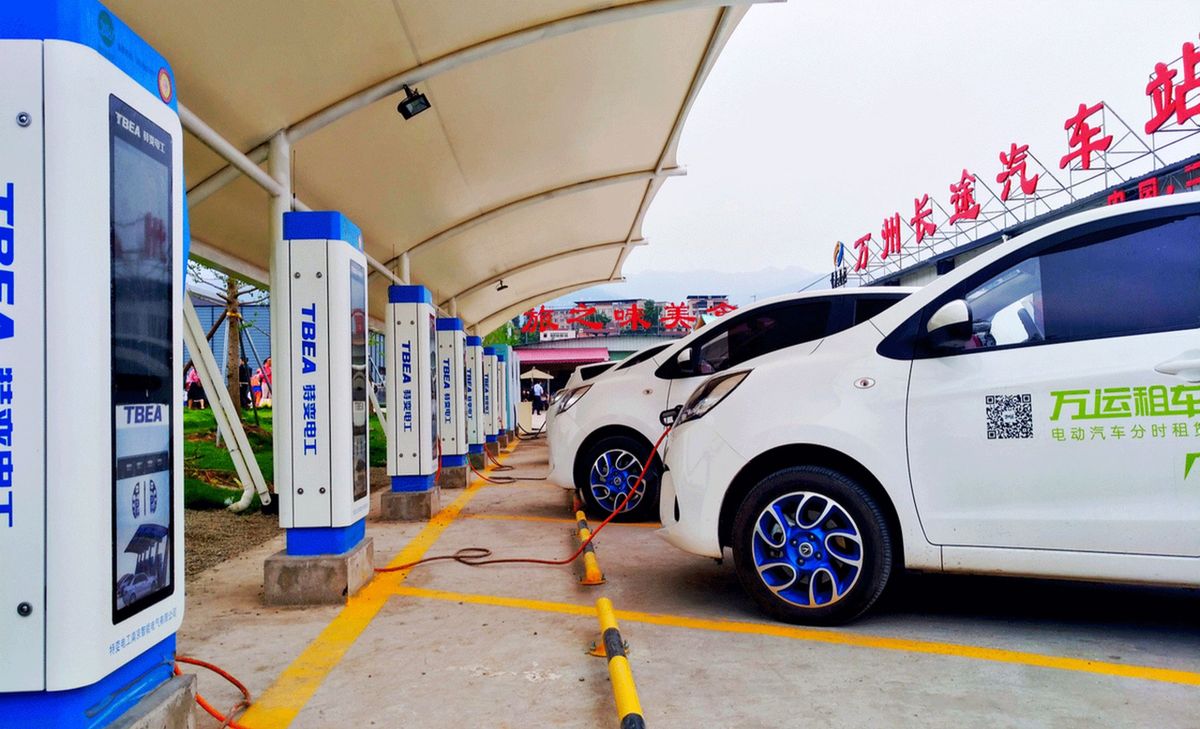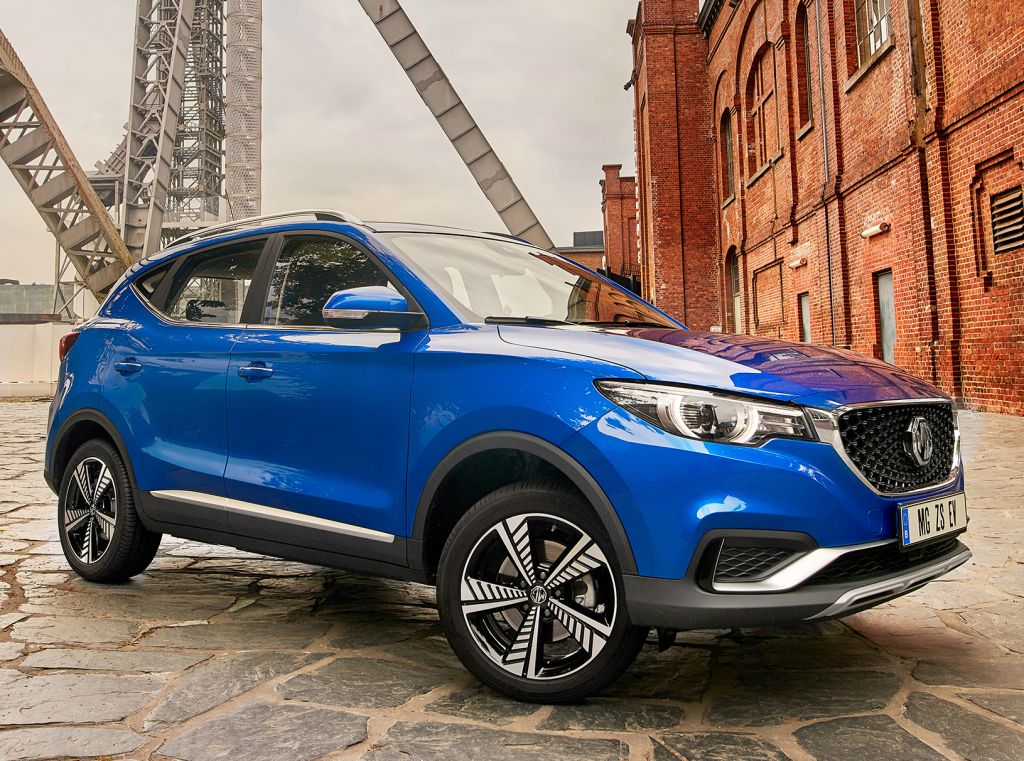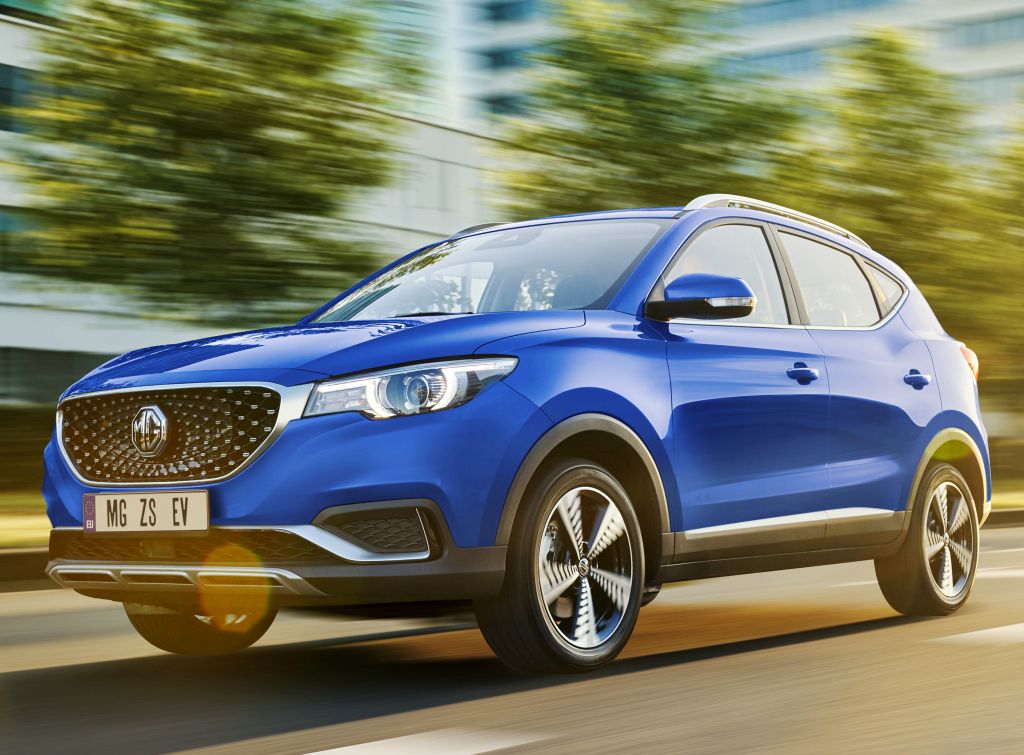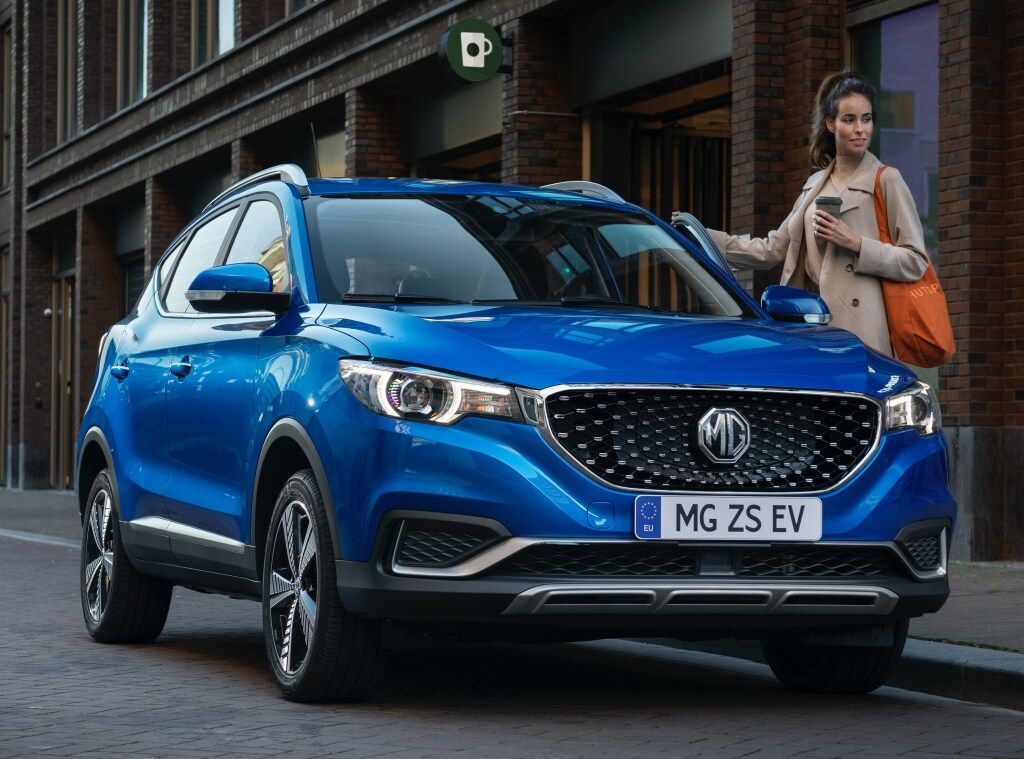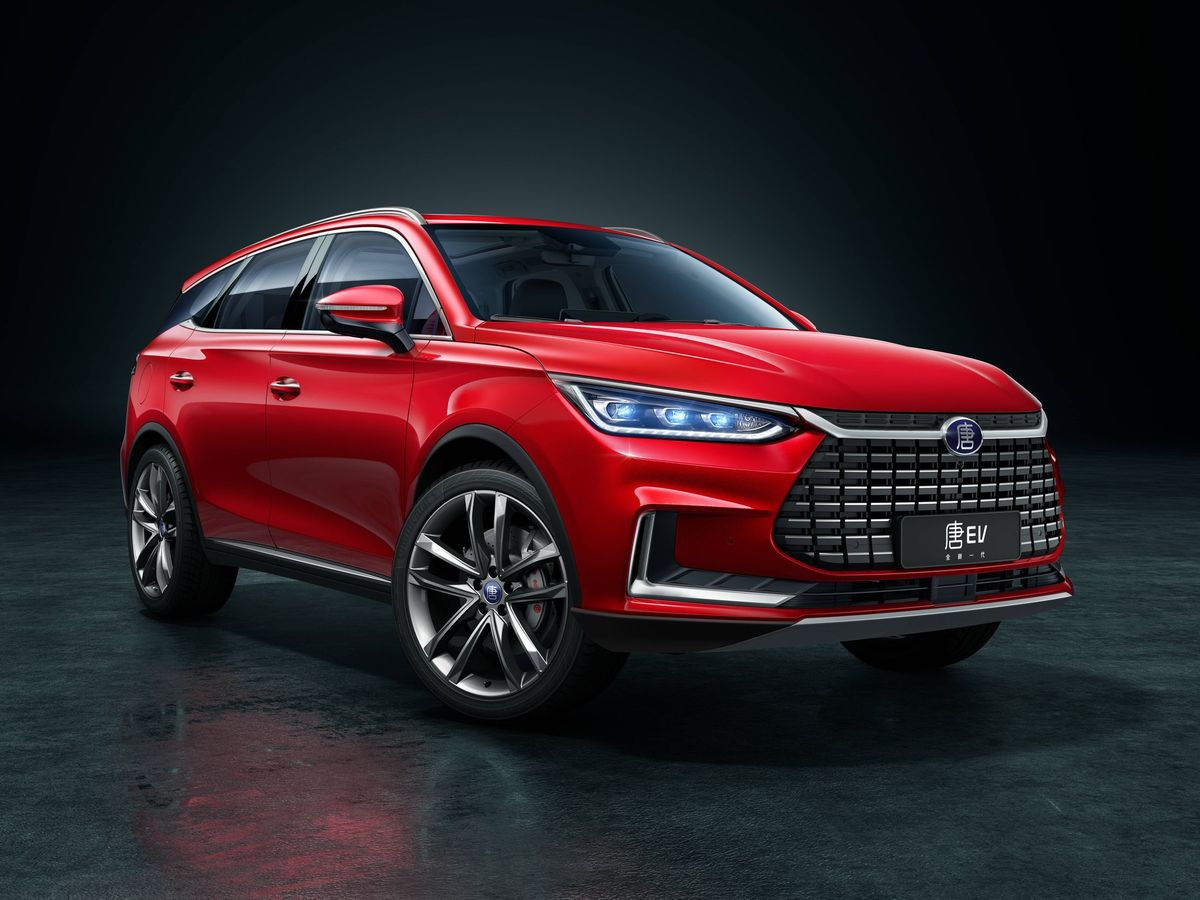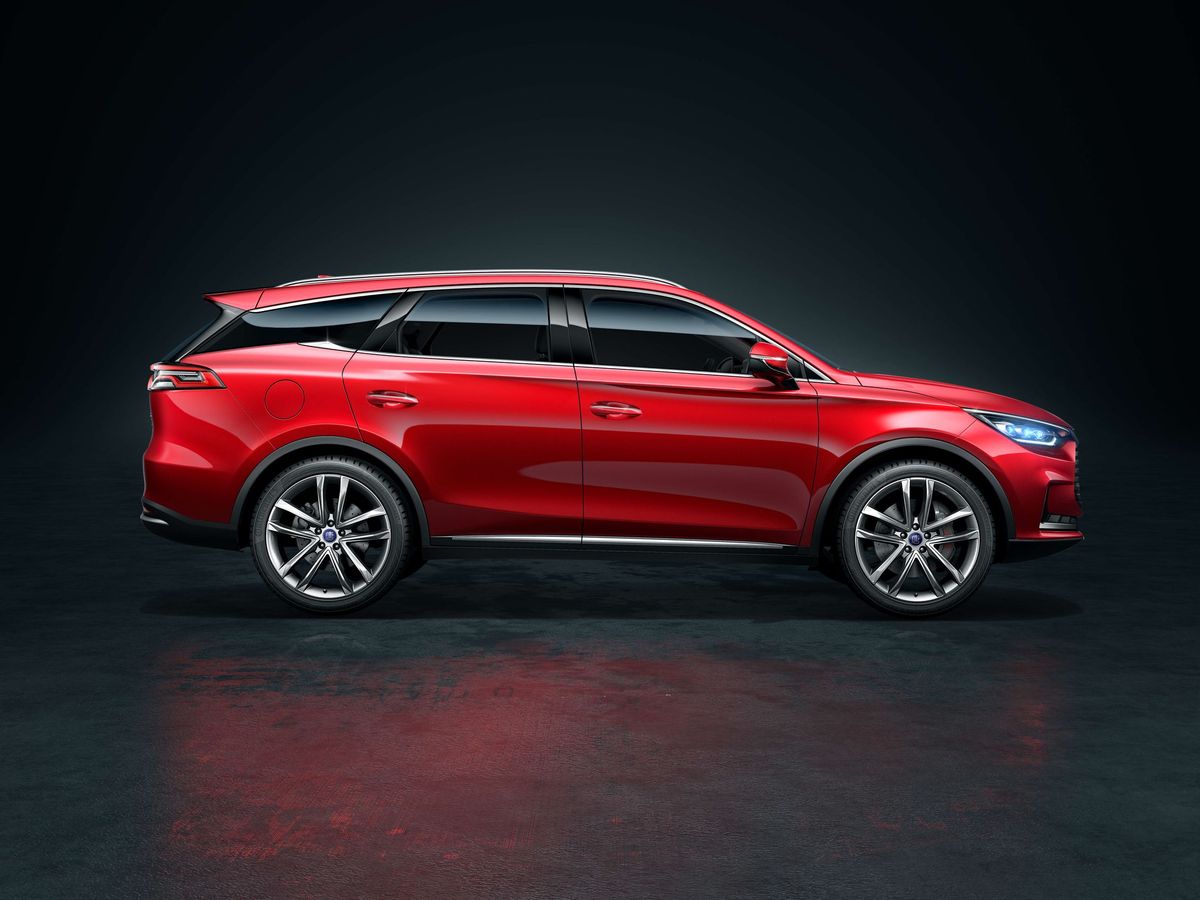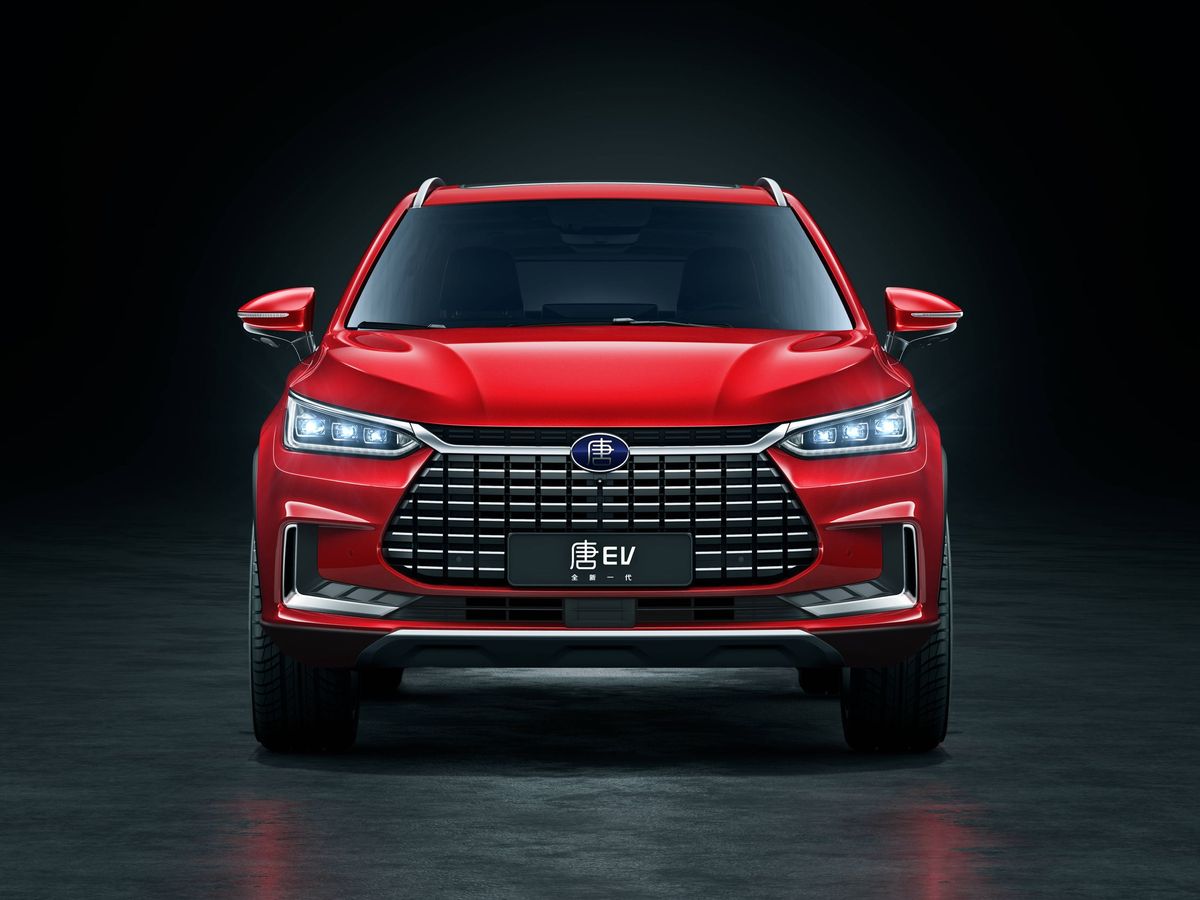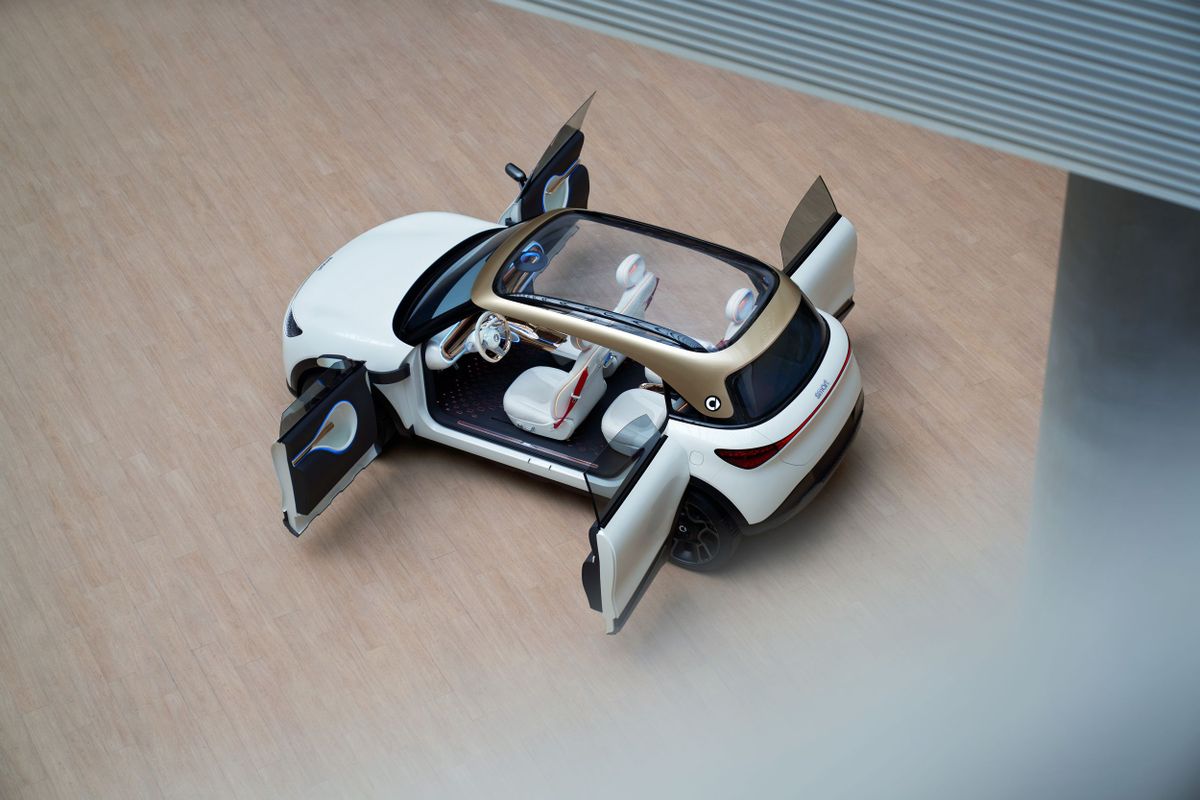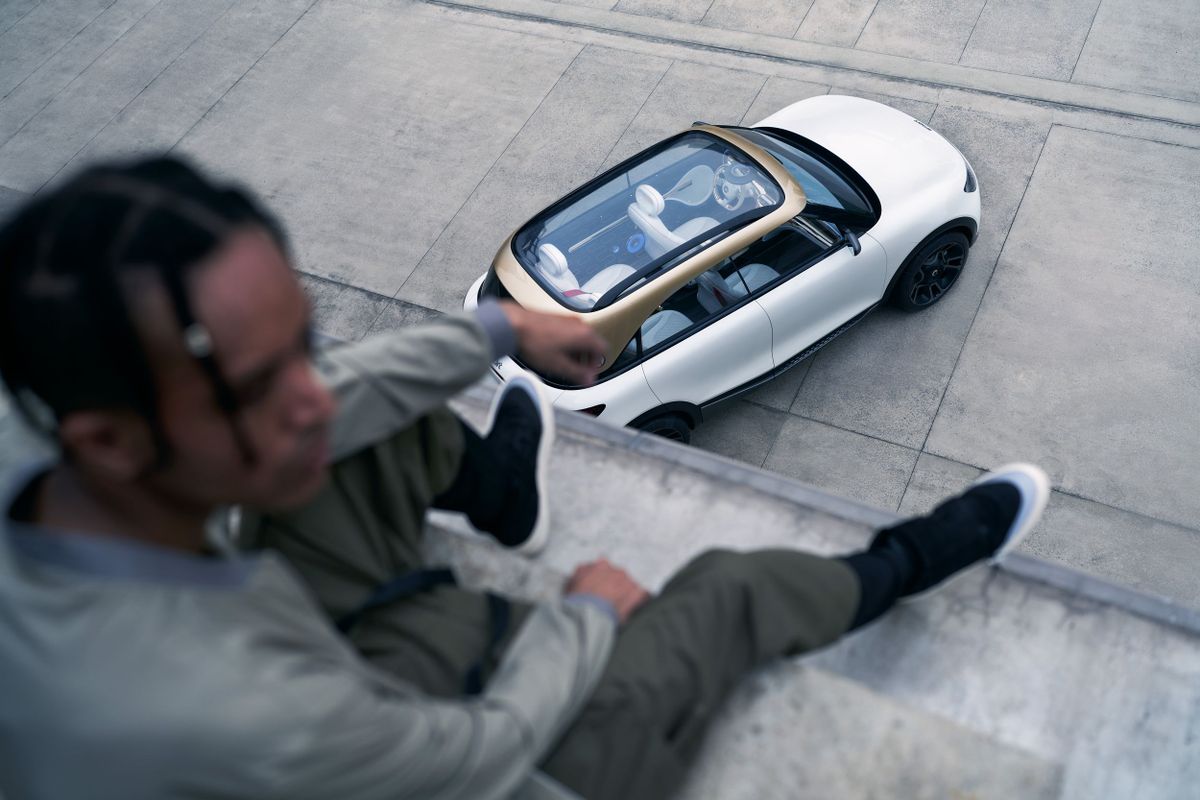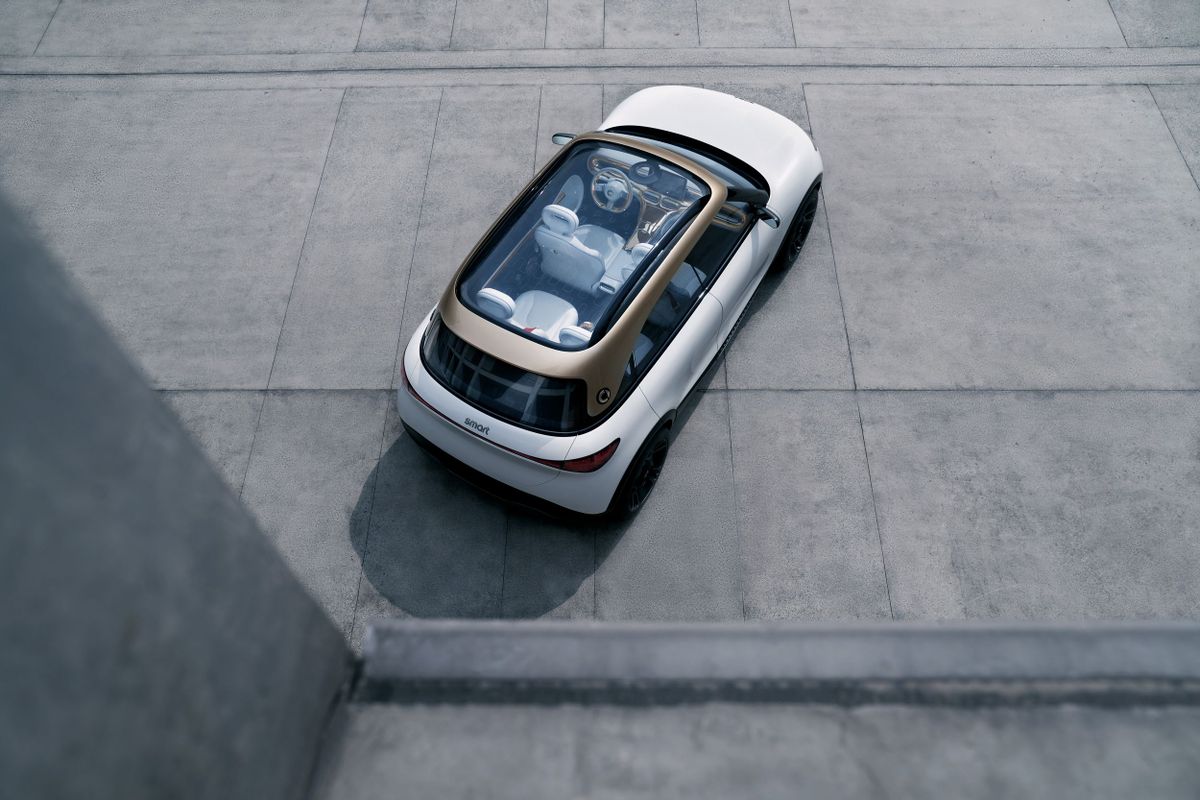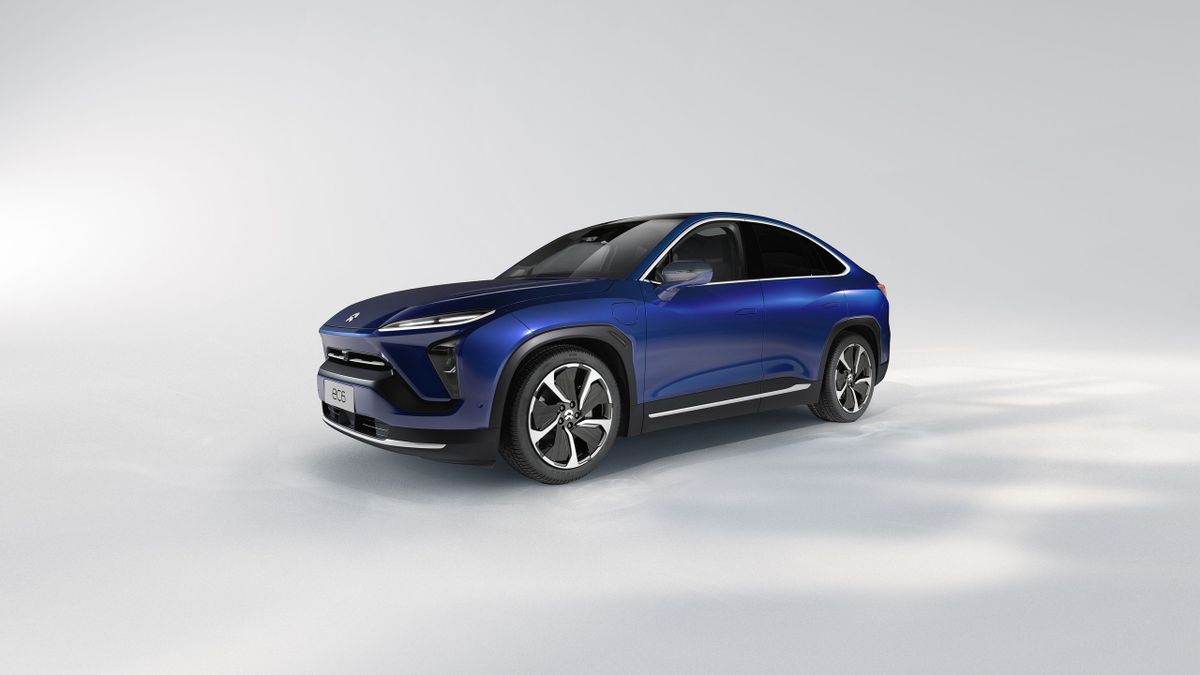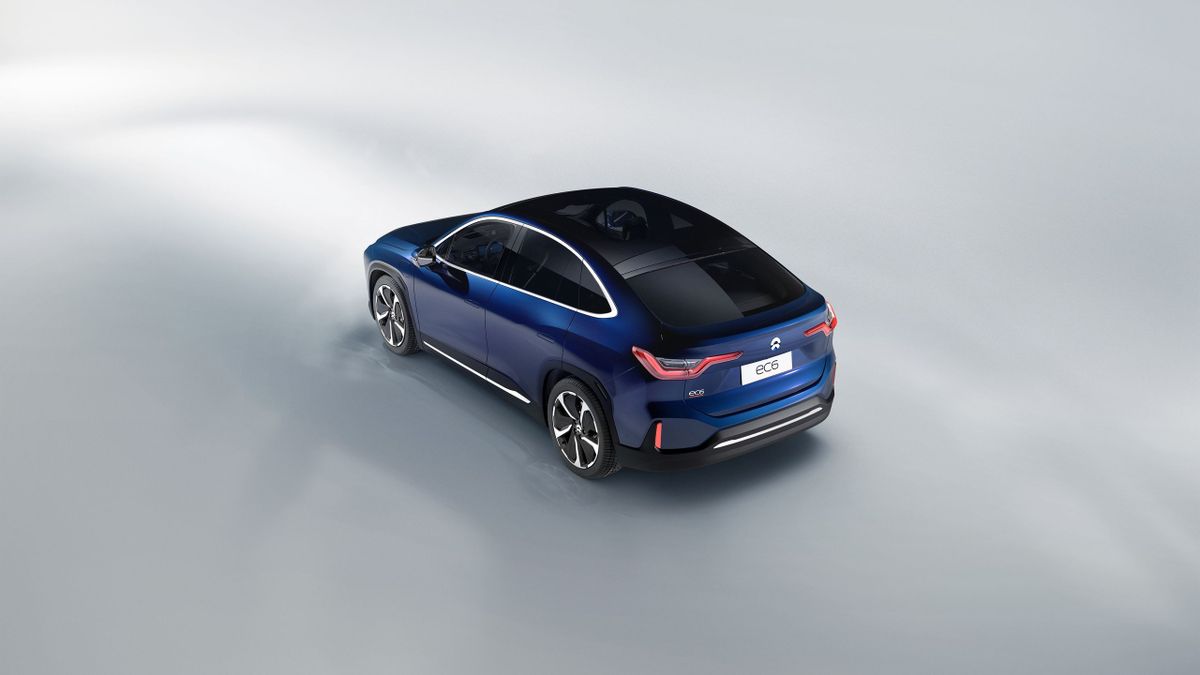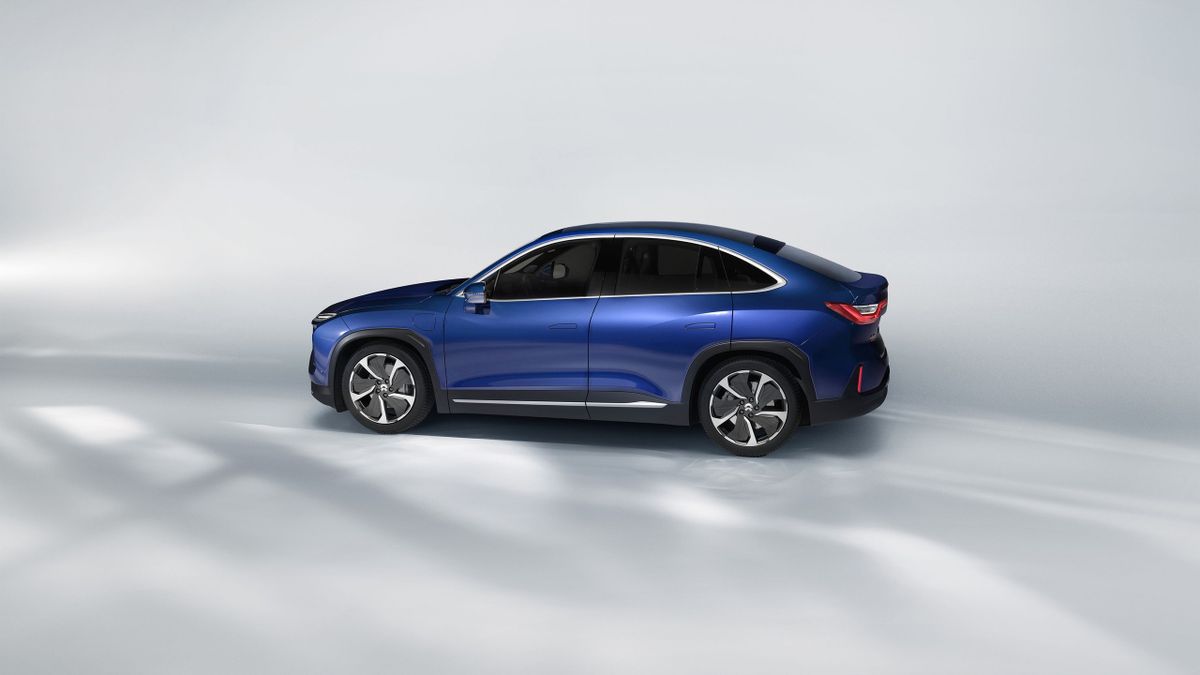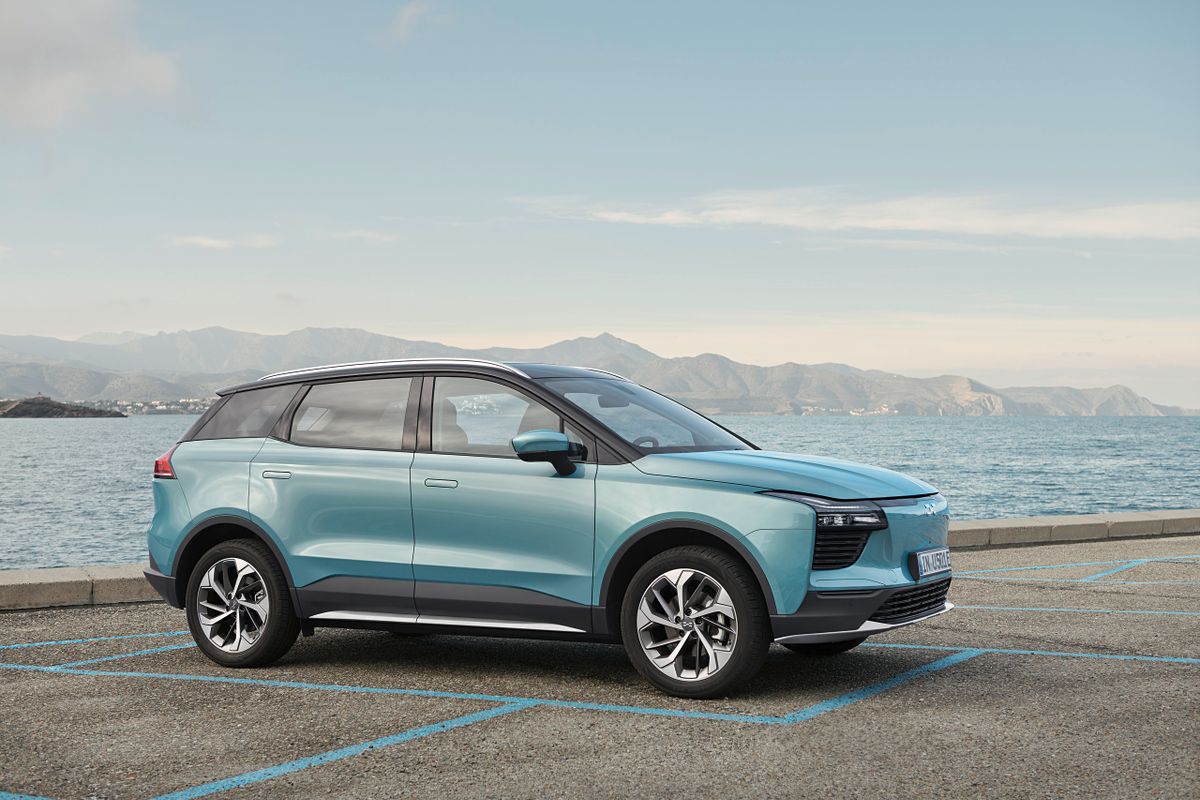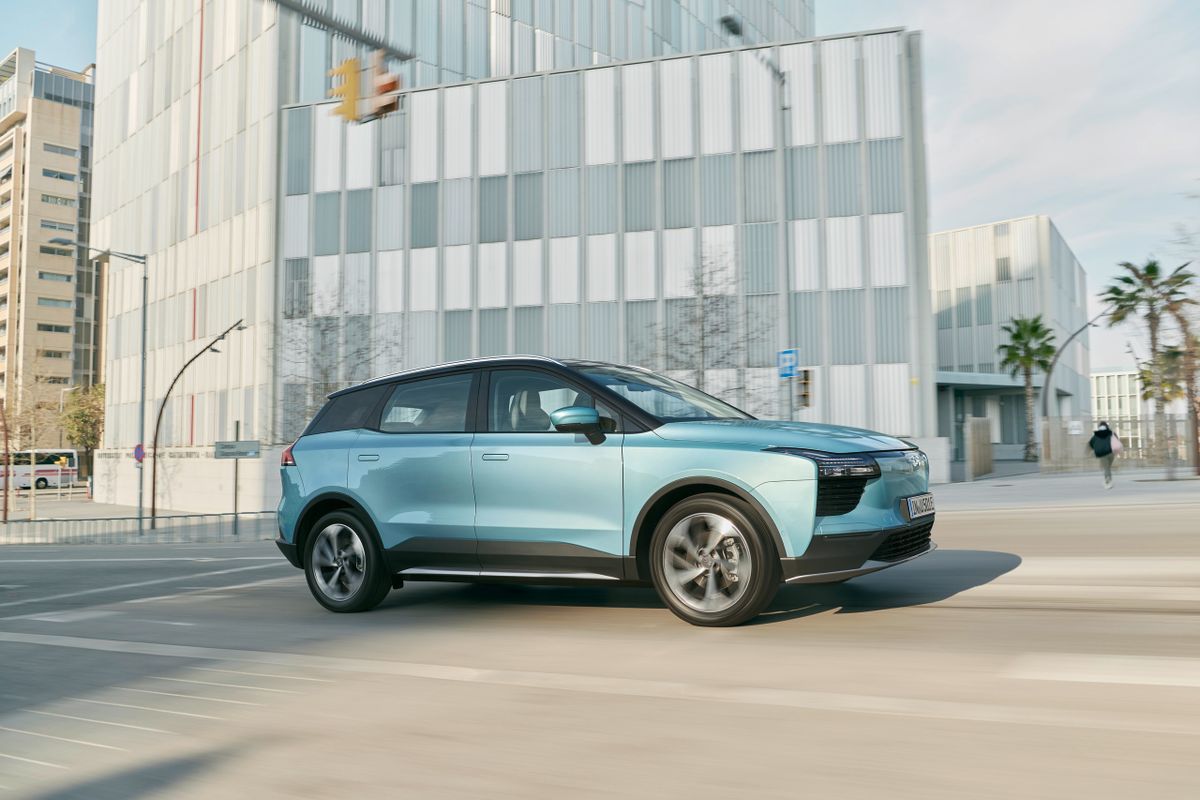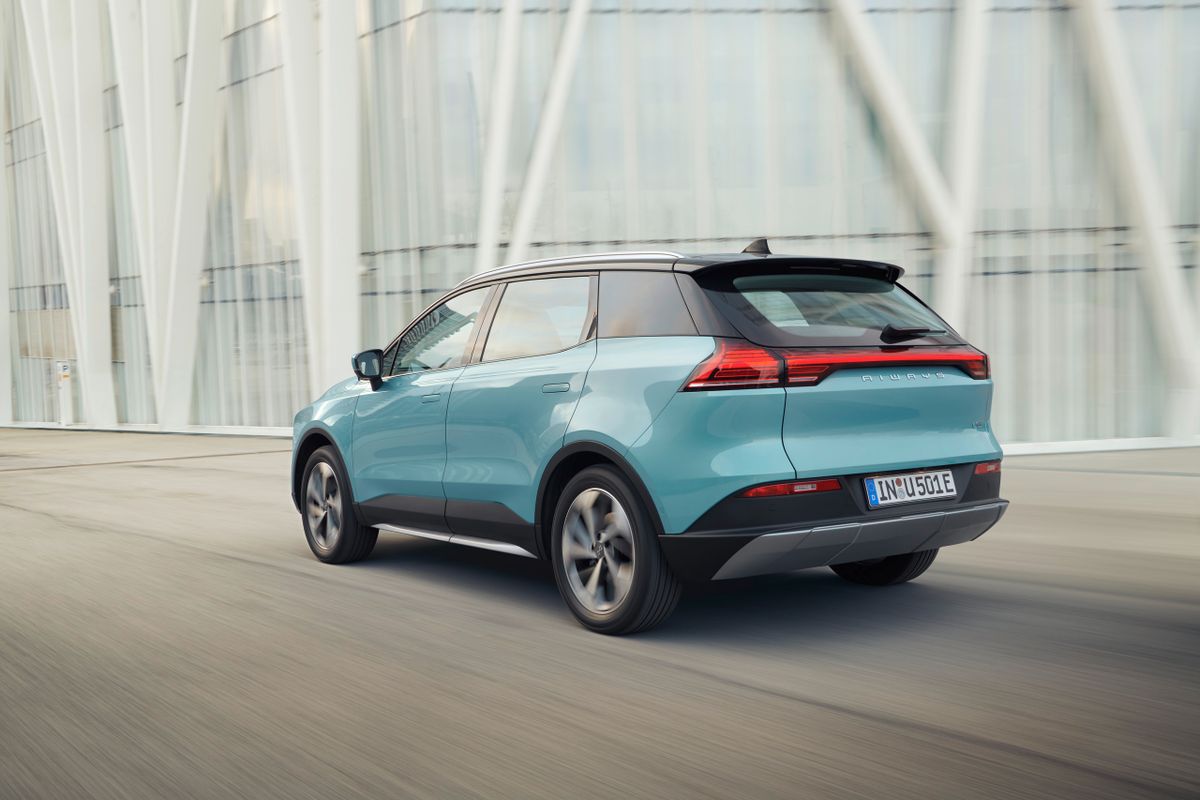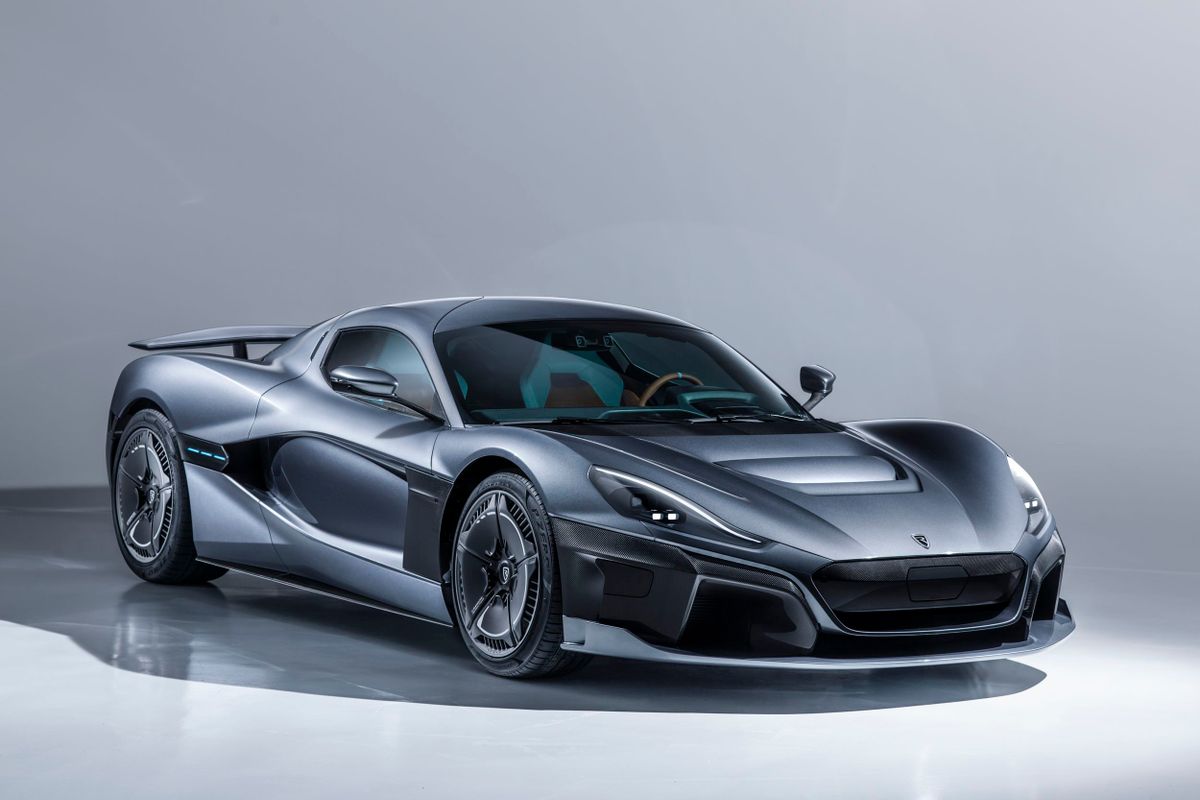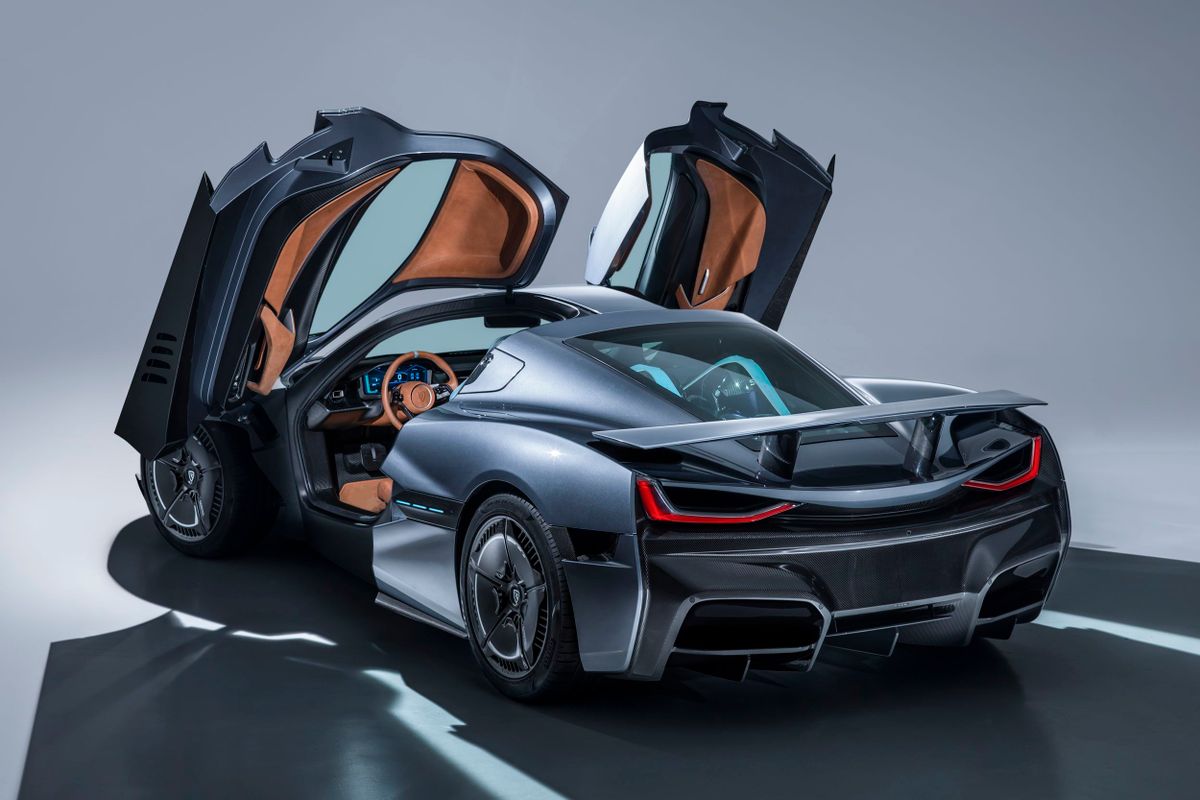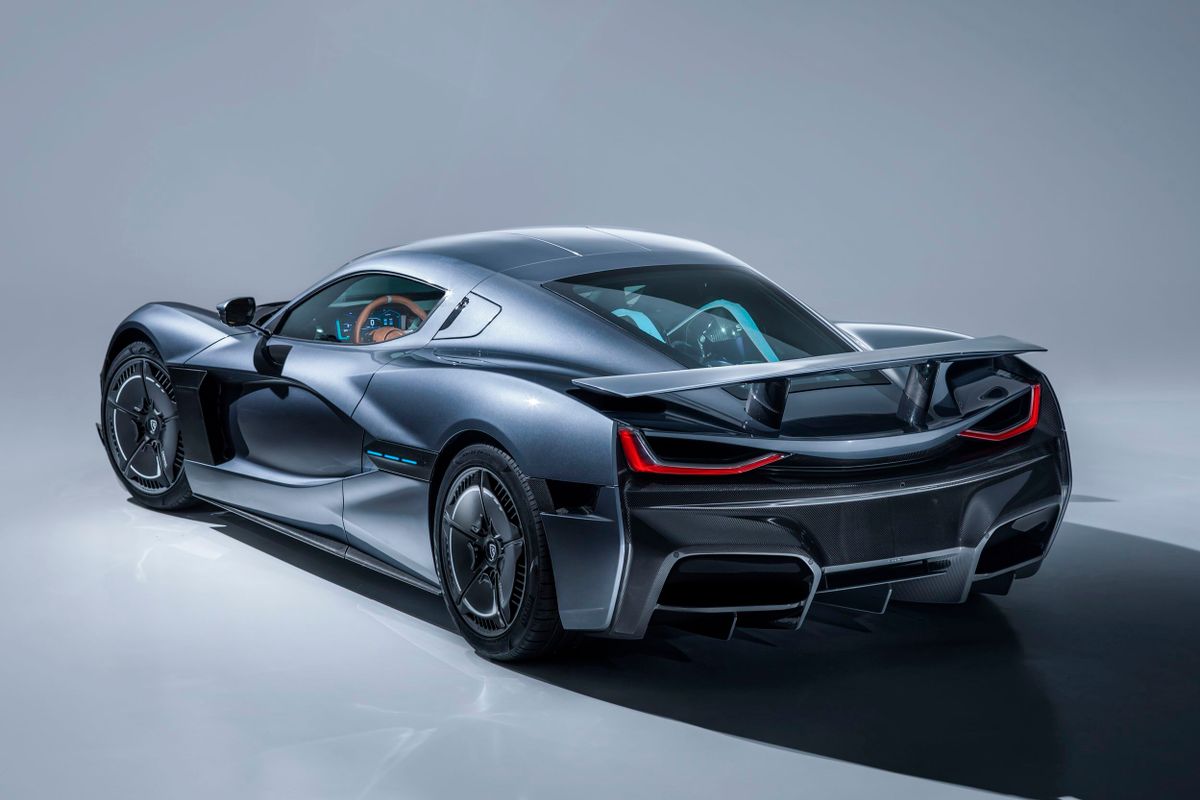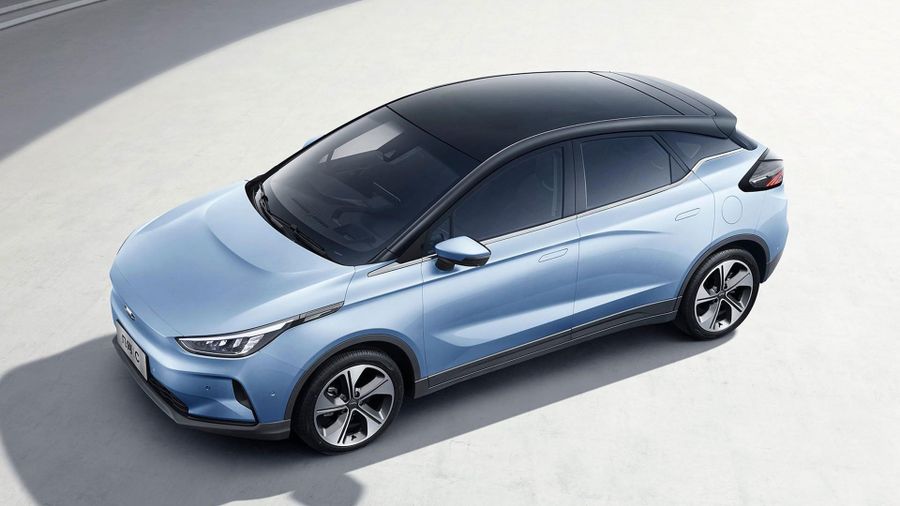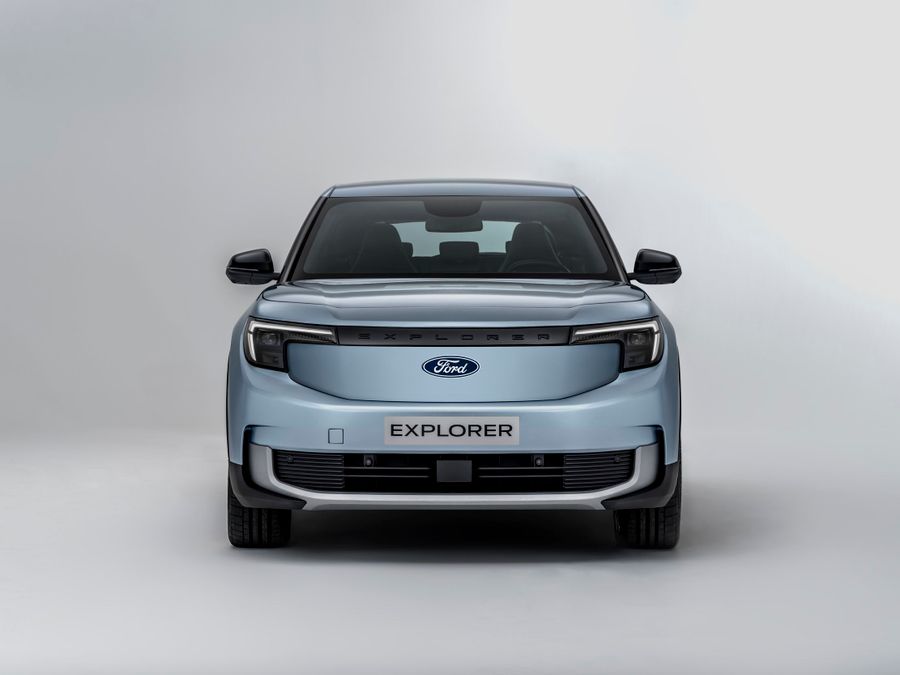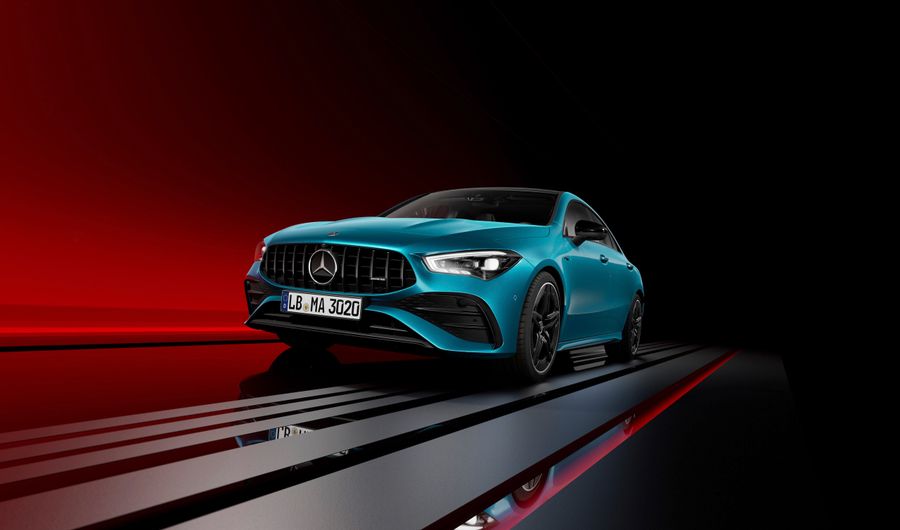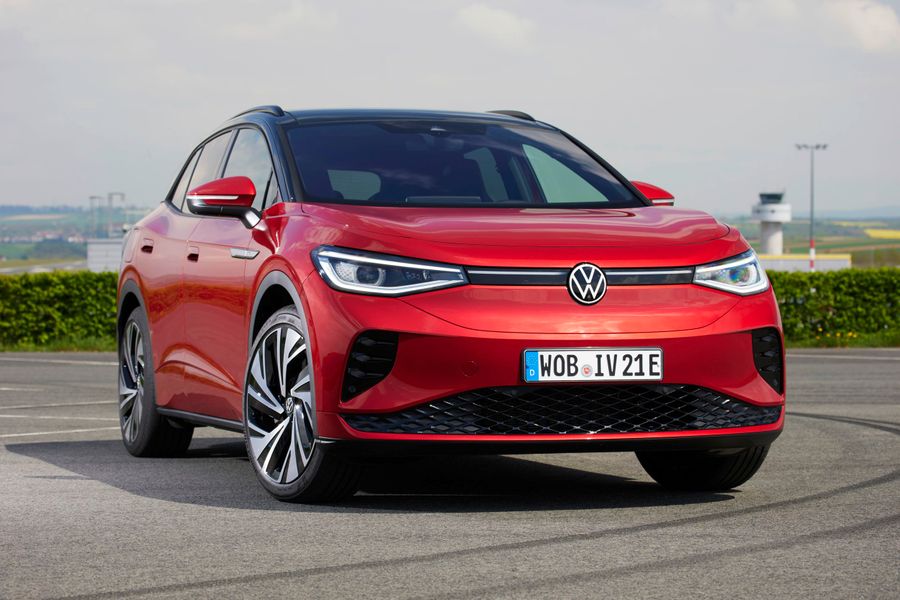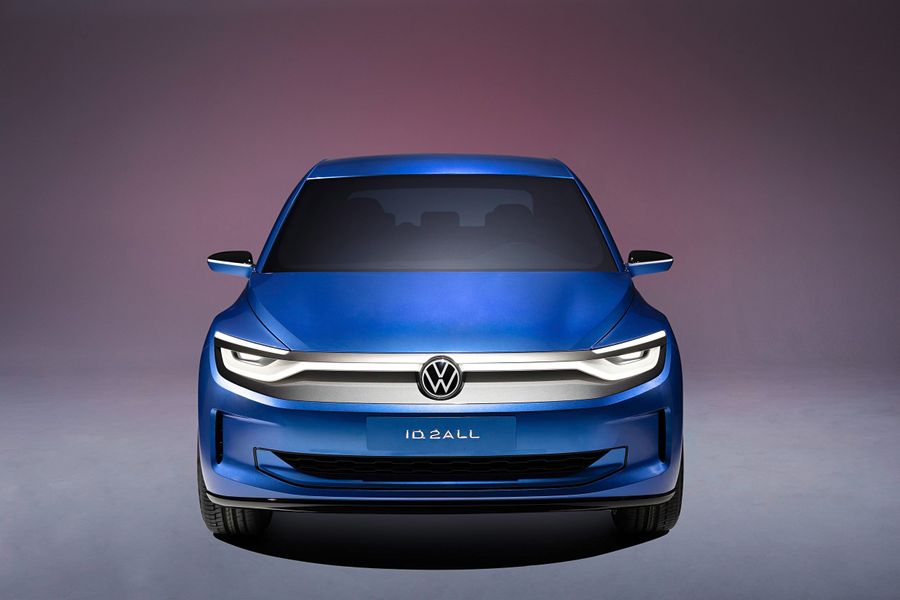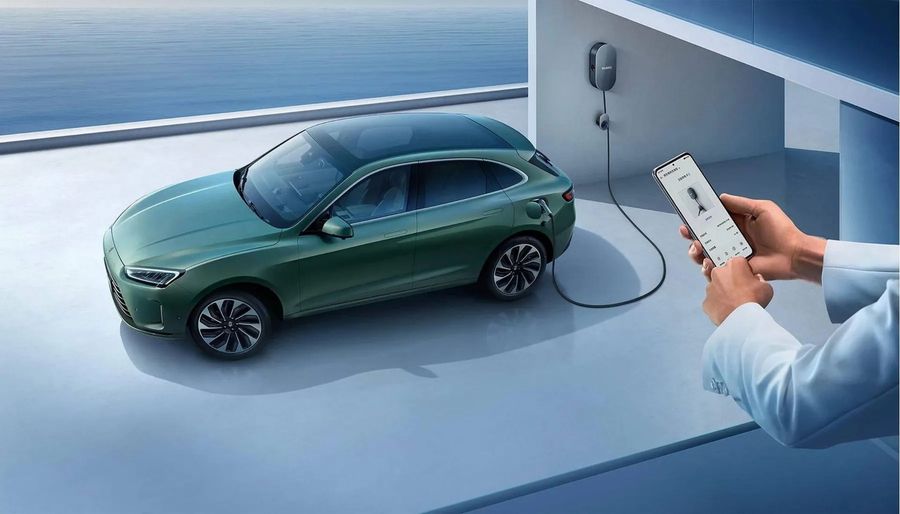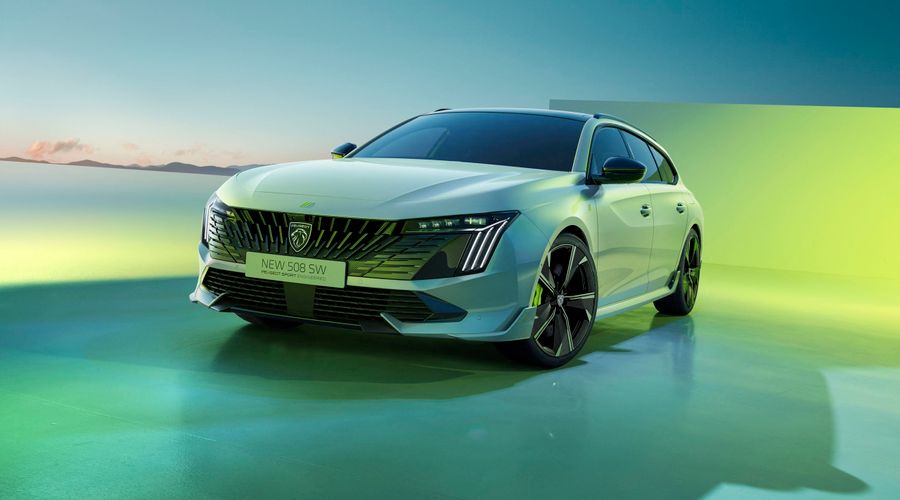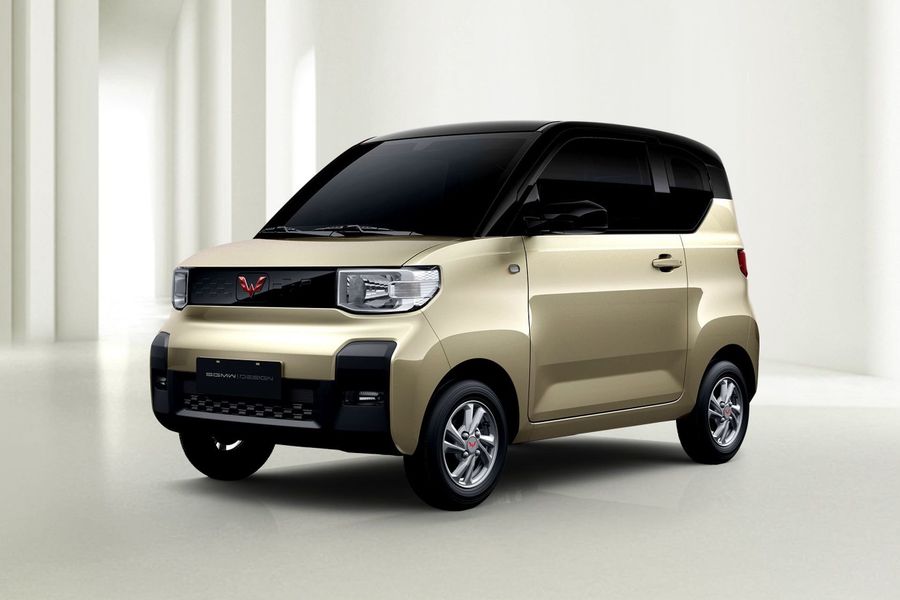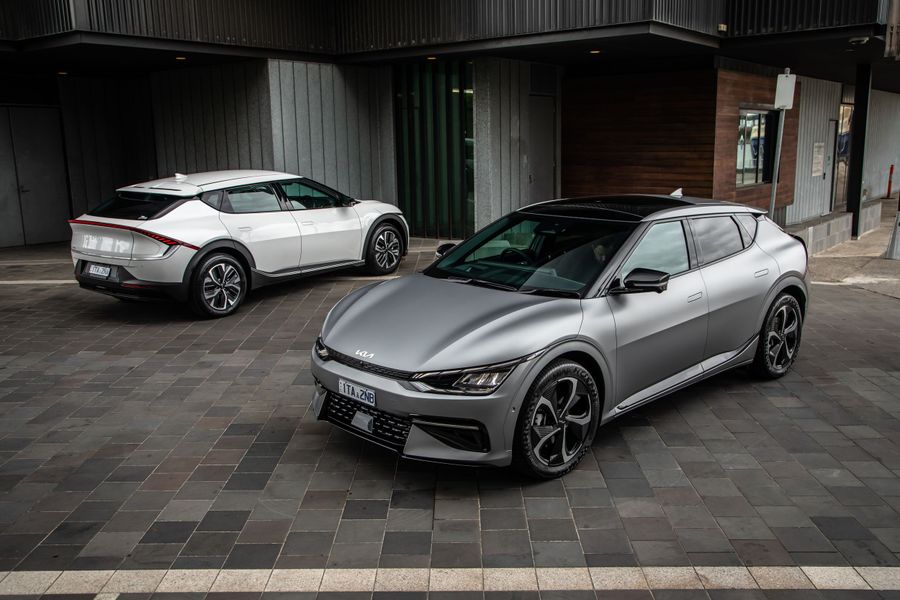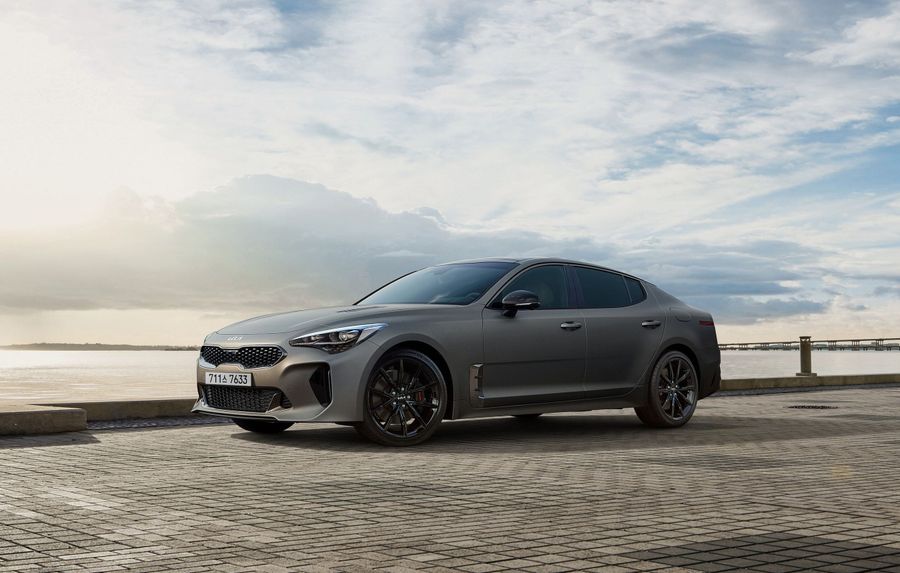
Chinese electric vehicles will conquer the world
New Chinese electric vehicles have already begun to arrive in Israel. And over time, their number will grow even more. Chinese electric vehicles will soon become popular far beyond China. JATO Dynamics is the world leader in automotive data processing and market research. The company’s analysts have prepared a large-scale research on the reasons for China’s rapid success in the electric car market. And at the same time, they named six Chinese car companies that will conquer Europe in 2021. And, apparently, this is not a forecast, but a reality. We’d like to share this important information with you.
Why China? And where is Europe?
In the race to electrify cars, China has set the bar high. Realizing that electric vehicles are a direct path to becoming a major player in the global automotive market, Chinese manufacturers have quickly taken steps to gain a foothold in the electric vehicle market. There is no doubt that the future of the growing electric vehicle market is in the hands of the world’s largest original equipment manufacturers. And China has already begun to own it. Since 2016, China has been the fastest growing and largest electric vehicle market in the world. A number of factors have led to its dominance, but clever incentive policy is the major reason, as it has allowed creating the world’s largest electric vehicle market in just ten years.
When the Chinese government quickly recognized electric vehicles as the perfect opportunity for global leadership in the automotive arena, manufacturers happily joined the race to electrify the vehicles well ahead of their Western competitors. Chinese businesses and consumers have received huge investment and subsidies. The commitment to developing domestic manufacturers and building an internal supply chain has made the government support everything from domestic electric vehicle and parts manufacturing startups to building a reliable charging infrastructure network. Everything is done in order to boost the demand.
Europe also has an opportunity to spearhead global growth in electric vehicle sales as governments across the region offer consumers ‘sweeteners’ to buy new electric vehicles. The European market is already the second largest in the world, far behind China, of course, but far ahead of North America. In fact, the European market is growing at a rate that it is highly possible that Europe will sell more electric vehicles to China in the near future.
Chinese companies that will be successful in Europe in 2021
- MG
In 2005, the Chinese SAIC Motor bought the famous British brand. And since then it has achieved significant success and not only in China. The 2019 ZS EV compact electric crossover SUV has already become one of the top ten electric cars in a number of European countries. It is sold in the Netherlands and the UK and will be available in Norway, France, Belgium, Italy and Austria in the near future. The Brits have not forgotten their once favorite brand. In the UK, MJ ZS EV took 6% of the electric vehicle market and became the fourth most popular electric car in the country, giving way only to the Tesla Model 3, Nissan LEAF and Jaguar I-Pace. Since becoming a Chinese company, MG has spent 14 years trying to capture markets in mainland Europe. And it seems that it was the launch of the ZS EV that gave the company a real chance to finally implement its plans.
- BYD
This is the largest electric vehicle manufacturer in China and the second largest manufacturer in the world after Tesla. The company is a leading supplier of rechargeable batteries in the world. It also has a strong position in Europe thanks to its electric buses (first released back in 2010). As a result, BYD has recently started entering the market of electric passenger cars in the EU.
- Geely
Over the past decade, Zhejiang Geely Holding Group has opened a fast way to Europe by acquiring renowned brands including Volvo and Lotus, but it hasn’t stopped there. In fact, Geely went even further, building its own open source electromobility platform, SEA. It will become available to other manufacturers and third parties. This is a huge step for the industry, reflecting a common interest in tackling the climate change challenges. Geely’s latest product is the new Smart electric crossover SUV, developed together with Mercedes.
- Nio
Nio electric vehicles are expected to be available in Europe in 2021. Nio is called ‘China’s Tesla,’ the company has a long history of surfing the Internet, and its revolutionary Battery-as-a-Service (BaaS) concept has gained a lot of attention. The battery rental service allows customers to buy electric vehicles without a battery, the most expensive component of such vehicles. The company currently offers the ES8, ES6 and EC6 in China, and thanks to the BaaS concept, these models can be purchased without a battery, making them significantly more affordable. Therefore, it is more than likely that the company will be able to offer Chinese electric vehicles to European consumers at extremely competitive prices, challenging any local player.
- Aiways
In 2019, the ambitious Chinese Aiways start-up challenged the market. The U5 electric SUV traveled from Xi’an (China) to Frankfurt (Germany) through the Gobi Desert, Kazakhstan, Russia and Northern Europe. The total length of the route is 15,022 km and 53 days. This clearly demonstrated the high quality of the product and the unique capabilities of China in the electric vehicle market. The declared driving range of the Aiways U5 is 460 km. Since then, Aiways has already brought its model to France and started a partnership with the German trading partner Euronics. Recently, the U5 has appeared in Israel.
- Camel Group (or Rimac Automobili)
The Croatian brand Rimac Automobili, which is currently acquiring Bugatti from the VW Group (!!!), has been nicknamed the ‘European Tesla.’ It is known for its innovative work in the electric vehicle market. It will just suffice to mention the latest model, the C-Two coupe with 1914 hp, which has caused a sensation although it has not yet gone into production. With so much hype surrounding the company, this brand has managed to find huge funding. And its largest investor is Camel Group (Chinese battery manufacturer), which has direct access to the European market.
Summary
China has not yet achieved its ambitious goal. By 2025, 25% of the total number of new vehicles should be electric. But with the announcement of an extension of tax privileges, subsidies and new loans for electric vehicles until 2023, it is more than likely that the Chinese electric vehicle market will only continue to grow. A massive investment of around $50 billion, coupled with a strategy to support manufacturers and buyers, and a nationwide infrastructure program, will lead China to global dominance on the electric vehicle market and ultimately to China’s global automotive dominance. This is what the researchers at JATO Dynamics are sure of.
Source: https://www.jato.com/the-race-for-ev-leadership-lessons-learned-from-china/


